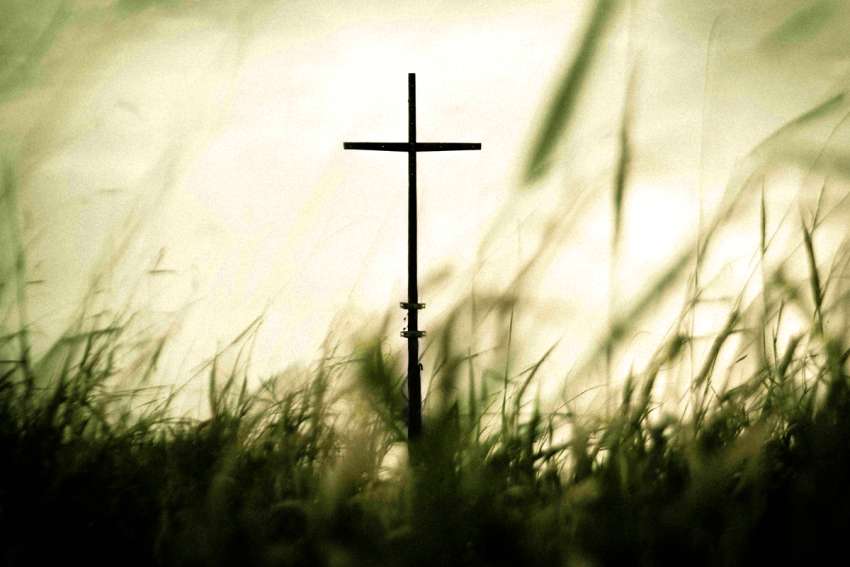Benson, while reputedly a gifted preacher, perhaps found, like Waugh, his greatest expression in writing fiction. While his great 1907 dystopian novel Lord of the World is a Catholic classic, it was not Benson’s favourite among his literary children. That honour goes to his short novel The History of Richard Raynall, Solitary which he wrote in Cambridge in 1905. Having just finished reading it, I find myself still thinking about its remarkable hero, the young hermit Richard Raynall, and his witness to us.
Employing an interesting if quirky literary device, Benson informs us that the text of the novel is a neglected 15th-century record of Richard’s life written by his parish priest and confessor Sir John Chaldfield. Sir John introduces us to Richard as an innocent without guile, possessed with significant spiritual gifts and insights, who lives a pre-lapsarian existence in an idyllic cottage outside the village. Sir John is in awe of Richard’s purity of heart and his intimacy with Christ.
One day as he arrives at Richard’s cottage on a pastoral visit, he is struck by the beauty of the scene and of the young hermit rapt in prayer: “I tell you that I have never seen such a wonderful beauty in mortal man; and his soul was yet more lovely. It is no wonder that God’s Majesty delighted in him, and that the saints came to walk with him.”
Richard then reveals to Sir John that he must go to Westminster and tell the king (supposed to be Henry VI) whatever God reveals to him. However, he is not yet sure what that message will be.
The story goes on to describe Richard’s travels to London and his eventual audience with the king in which he speaks God’s prophetic word into the king’s ear.
Sir John remarks upon what has passed just before the prophetic holy youth’s death, on how his mission from God was ultimately fulfilled. Sir John frames it as a message to us:
I thought of the ironia that marks Our Lord’s dealings. Master Richard had come to bring tidings of another’s passion, and he found his own in the bringing of it… But Our Lord is not cruel, like such children, but kind, and I think that He acts so to shew us that life is nothing but a play and a pretence, and that His will must be done, however much we rebel at it…I t is marvelous how Our Lord sets His seal upon all that we do, if we will but attend to His working, and not think too highly upon what we do ourselves.
The solitary Richard Raynall offers a profound message for us striving to live as faithful Catholics today. How often do we risk it all to speak what is true? How often do we act as if the salvation of others depends on our speaking the truth that God places in our hearts and minds? How often are we willing to respond to Christ, the fullness of Truth, and do His will in the world? Perhaps we are not called to speak prophetically to a king, but what about to our family, to our friends, to our colleagues? What words will Our Lord give us to speak so that His will, not ours, might be done?
(The Reverend Andrew Bennett is a deacon of the Ukrainian Catholic Eparchy of Toronto and Eastern Canada.)


